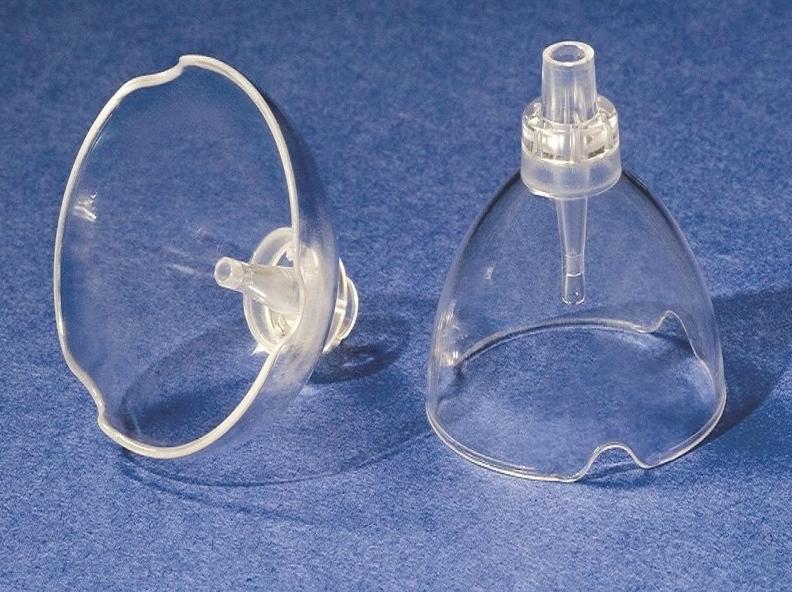A wound irrigation device is an essential tool in the medical field, particularly when treating injuries and surgical wounds. This device is designed to flush out contaminants, bacteria, and debris from a wound, helping to prevent infection and promote faster healing. But when exactly should it be used? Below are some key scenarios when a wound irrigation device is necessary.
1. To Remove Foreign Debris
One of the primary reasons for using a wound irrigation device is to clear out foreign material such as dirt, glass, or other debris from a wound. If not properly cleaned, these particles can become a breeding ground for bacteria, leading to infection. Irrigating the wound ensures that all debris is thoroughly removed, reducing the risk of complications.
2. In Post-Surgical Care
After surgery, wounds are vulnerable to infection, especially if bacteria have entered the surgical site. A wound irrigation device is crucial in post-surgical care to clean the area effectively. It helps remove any residual blood, fluids, or bacteria that may have accumulated, reducing the chances of infection and promoting healing. For surgeries that involve significant tissue manipulation, the use of irrigation becomes even more critical.
3. In Chronic Wounds
Chronic wounds, such as diabetic ulcers or pressure sores, require regular cleaning to prevent infection and facilitate healing. A wound irrigation device is ideal for this purpose, as it ensures that the wound is thoroughly irrigated without causing trauma to the surrounding tissue. Using a device rather than manual cleaning can also reduce patient discomfort and enhance the effectiveness of wound care.
4. To Prevent Infection
Any wound, whether minor or severe, can become infected if not properly cleaned. The use of a wound irrigation device can help prevent this by flushing out harmful microorganisms. The controlled flow of saline or other solutions helps maintain a clean environment, minimising the risk of infection and promoting quicker recovery.
5. To Support Accurate Medical Instruments
In some cases, such as when using a surgical needle counter, the wound may need to be irrigated to ensure a clear view of the surgical area. This can help in precise counting of medical instruments or in assessing the extent of tissue damage.
In conclusion, a wound irrigation device is vital in a variety of medical scenarios. Whether used to remove debris, prevent infection, or support post-surgical care, it ensures that wounds are properly cleaned and managed for optimal healing.


